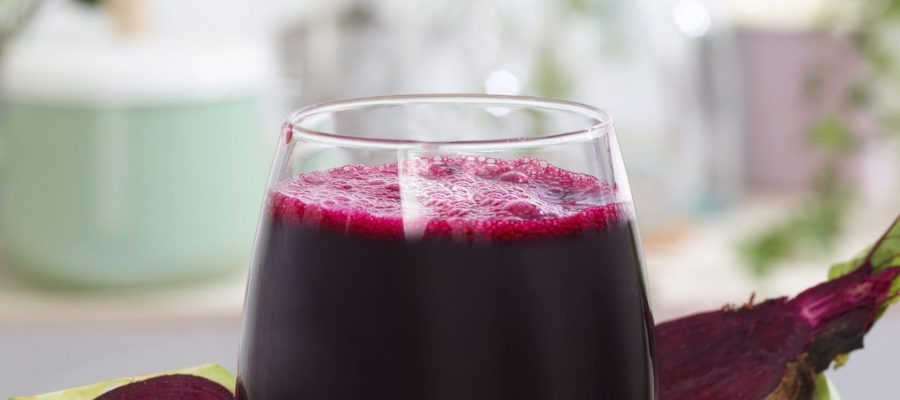How to reap the go-faster benefits of beetroot in your exercise routine.
There are loads of trendy and potentially faddy foods that may boost your performance, from BCAAs to cayenne pepper. But the latest food that’s going under the microscope for its fitness and recovery benefits is one that has undeniably healthy properties: beetroot.
Research into the root veg has been ongoing for a while, but recently the benefits of it as a sports-specific food have been making waves in the fitness world.
Can beetroot help sports performance and recovery?
The latest paper into beetroot for sports, from the Journal of the International Society of Sports Nutrition in 2021, found that there is “no added advantage of beetroot juice ingestion in terms of metabolic recovery after the marathon”. In the study, participants consumed 250ml of beetroot juice or a placebo within 48 hours after completing a marathon, with little difference between markers of recovery in the two groups.
But that doesn’t mean beetroot has no impact on your training – most of the research points to its benefits on performance. For example, a 2012 paper found that six days of supplementation with 140ml of beetroot juice reduced oxygen uptake and improved time-trial performance on a 10km bike ride.
The reason is because of the impact of the nitrates in beetroot on blood pressure. Nutritionist Rhiannon Lambert previously told Strong Women that nitrate can “help to dilate blood vessels and regulate blood pressure so more nutrients and oxygen can reach muscles during exercise.”

Sports nutritionist Mikari Scipioni explains, “Once consumed, nitrate is converted to nitric oxide (NO) in the body. Research has shown that NO increases blood flow, improves aerobic capacity and strengthens muscle contraction. It also reduces the energy cost of exercise, meaning that you can train for longer and/or at a higher intensity before feeling fatigued,” she says. “Actually, the nitrate found in beetroot is considered one of the five established sports nutrition supplements that have consistently shown to improve performance (others include creatine, beta-alanine, bicarbonate and caffeine), so it’s no wonder people are now looking at beetroot as a sports nutrition tool.”
Most of the performance benefits are associated with cardiovascular fitness, including short burst exercise like HIIT and endurance exercise, like distance running. “Some data suggests that nitrates could be beneficial in strength training, but more research is needed,” says Scipioni. “However, it’s thought to be effective for team sports athletes as it can have a beneficial effect on cognition. A 2015 study showed that team sports athletes who supplemented with nitrate for seven days had much faster reaction times, which is useful as prolonged high-intensity exercise can have a negative impact on reaction time and performance.”
How to use beetroot
While there are other dietary sources of nitrate (such as broccoli), beetroot is thought to have the highest amount of any vegetable, with 250mg of the compound in a 100g serving. However, “you would also need to eat a lot of beetroot to obtain enough nitrate required for performance benefits of around 250 – 300g,” warns Scipioni. “It is usually more convenient to consume a more concentrated dose such as beetroot juice.”
Timing of nitrate consumption is also important, she explains. “Nitrate levels peak in your blood two to three hours after consumption, with performance-related benefits seen 150 minutes after taking. It’s also best to supplement daily for two to six days if you’re using it to improve performance at a particular event.”
Images: Getty
Source: Read Full Article
